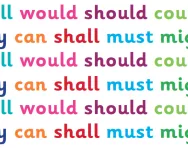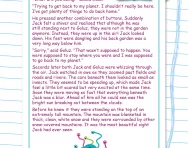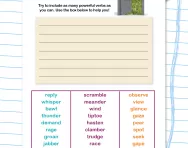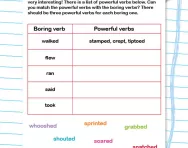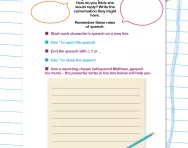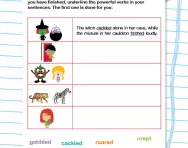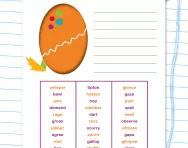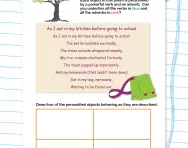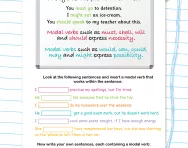Important update from TheSchoolRun
For the past 13 years, TheSchoolRun has been run by a small team of mums working from home, dedicated to providing quality educational resources to primary school parents. Unfortunately, rising supplier costs and falling revenue have made it impossible for us to continue operating, and we’ve had to make the difficult decision to close. The good news: We’ve arranged for another educational provider to take over many of our resources. These will be hosted on a new portal, where the content will be updated and expanded to support your child’s learning.
What this means for subscribers:
- Your subscription is still active, and for now, you can keep using the website as normal — just log in with your usual details to access all our articles and resources*.
- In a few months, all resources will move to the new portal. You’ll continue to have access there until your subscription ends. We’ll send you full details nearer the time.
- As a thank you for your support, we’ll also be sending you 16 primary school eBooks (worth £108.84) to download and keep.
A few changes to be aware of:
- The Learning Journey weekly email has ended, but your child’s plan will still be updated on your dashboard each Monday. Just log in to see the recommended worksheets.
- The 11+ weekly emails have now ended. We sent you all the remaining emails in the series at the end of March — please check your inbox (and spam folder) if you haven’t seen them. You can also follow the full programme here: 11+ Learning Journey.
If you have any questions, please contact us at [email protected]. Thank you for being part of our journey it’s been a privilege to support your family’s learning.
*If you need to reset your password, it will still work as usual. Please check your spam folder if the reset email doesn’t appear in your inbox.
What are powerful verbs?
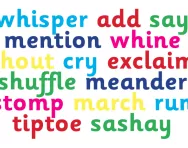
What is a verb?
A verb is a doing word. A verb expresses a physical action, a mental action or a state of being.
For example:
Katy juggled with five apples.
The man daydreams in the park.
I am happy at school.
Verb tenses in writing
Verbs change according to the tense of a sentence (whether the events described occurred in the past, are happening in the present or will take place in the future):
PAST TENSE: I jogged to the supermarket.
PRESENT TENSE: I jog to the supermarket. OR I am jogging to the supermarket. (Present continuous)
FUTURE TENSE: I will jog to the supermarket.
Children need to be encouraged to use the correct verb tenses when writing different texts.
When writing a fiction text, they need to make sure that their verbs are consistently in the past or consistently in the present.
When writing instructions, an information text, a report or an explanation, the tense usually needs to be in the present.
Recounts, autobiographies and biographies are usually written in the past.
Journalistic writing, persuasive writing and argument texts can be a mixture of tenses.
Teachers do not usually explicitly teach children how to make verbs agree with subjects or how to change them to show past, present or future tense. Children are usually expected to pick this up through listening, speaking and reading. Verb tenses are usually corrected by teachers in the drafting and re-drafting process of a child's writing.
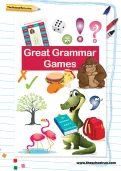
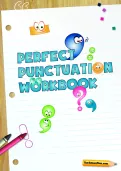
Download Fantastic FREE Grammar Resources!
- Perfect Punctuation Workbook
- Great Grammar Games Pack
- PLUS 100s of other grammar resources
Powerful verbs in primary school
At primary school, teachers will persuade and encourage children, as much as possible, to use powerful verbs rather than ordinary verbs. For example:
Ordinary verb | Powerful verbs |
| said | whispered, mentioned, whined, shouted, cried, exclaimed |
| walked | shuffled, meandered, stomped, marched, tiptoed, sashayed |
Teachers will encourage children to use powerful verbs in a number of ways:
- A section of the classroom display where really good powerful verbs are 'gathered' by children for future use.
- Giving children word banks of powerful verbs on a piece of paper, to refer to when they are writing.
- Modelling the use of powerful verbs when writing. For example, a teacher might start to write a sentence on the board: 'The wicked wizard.... ' The class might then be told that the wizard is going into a witch's cave and is very angry with her. What powerful verb would be good to use in this situation to describe the wizard's movements? Examples might be: raged, stamped or rushed.
- Underlining 'boring' verbs in a child's writing and encouraging them to think about a better, more powerful verb to put in its place.

